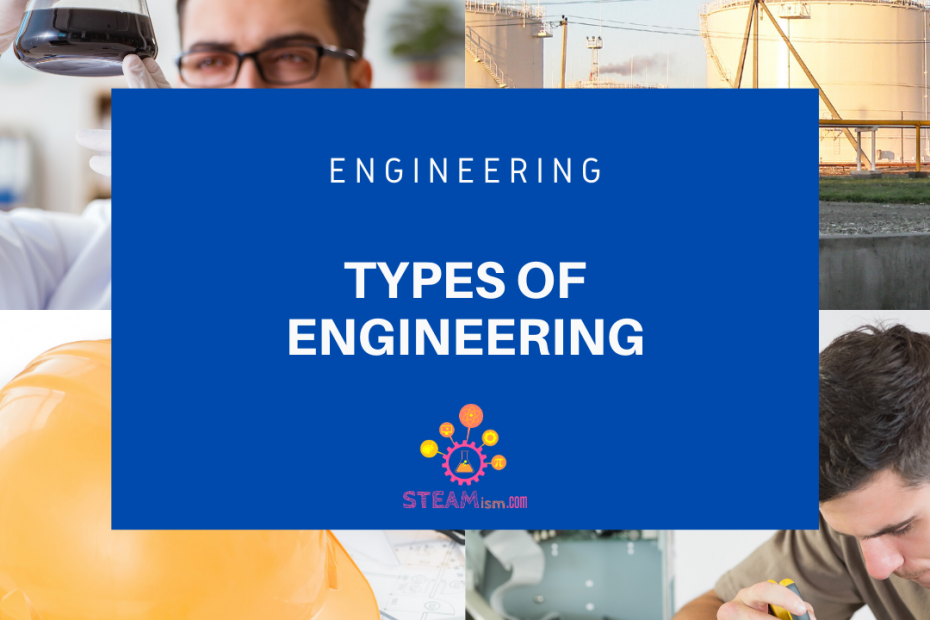Biomedical engineering deals with research and design of systems, equipment and devices to improve health care and medical services
This includes innovation and maintenance of medical products and equipment (more efficient X-Ray machines, CAT scanners, lasers, pacemakers, surgical robots, etc.) . Another important field in Biomedical Engineering is the design of better equipment for disabled people, including prosthetics, artificial limbs and parts, wheelchairs, etc.
Biomedical Engineers work closely with medical practitioners, including doctors, nurses, technicians, therapists and researchers, as well as end-users (patients who use the equipment) to determine, understand and meet their requirements for systems, equipment and devices.
